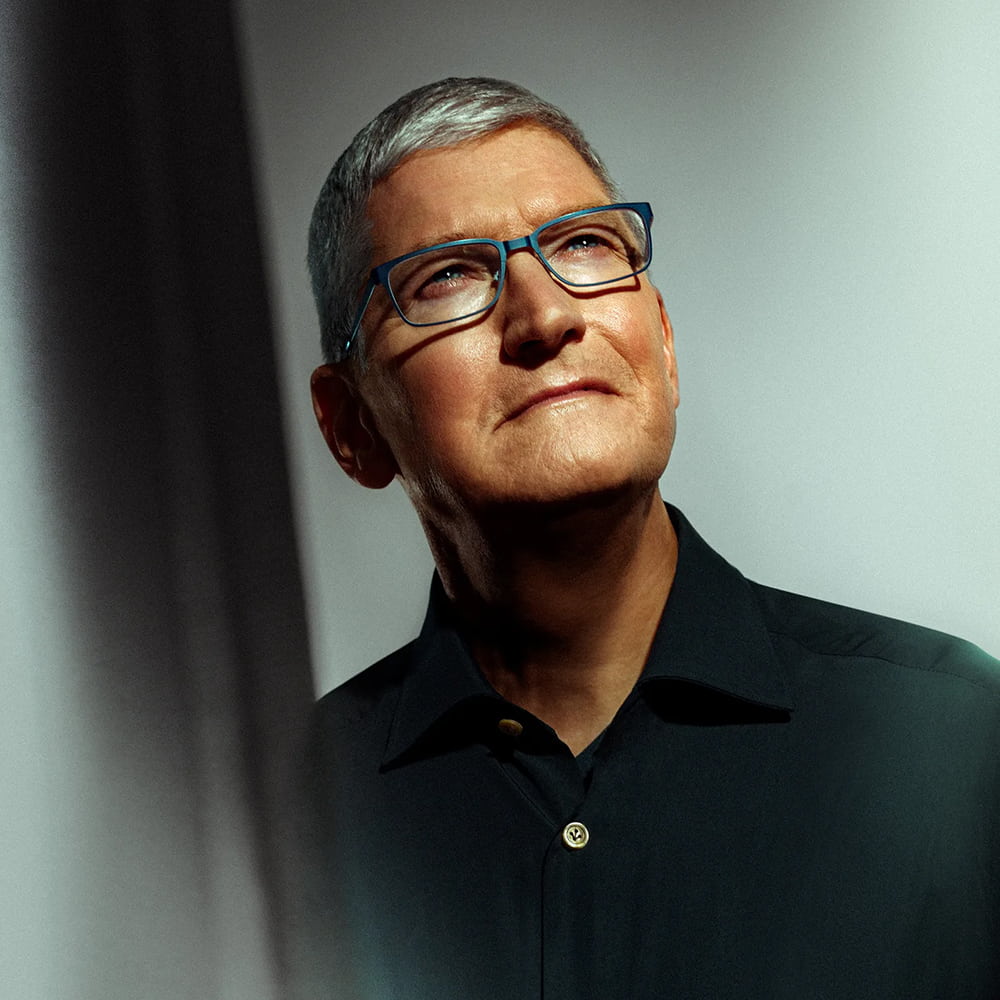When Apple was founded on April Fool's day of 1976 by Steve Jobs and Steve Wozniak, it was a small company in in Los Altos with a garage as its headquarters.
Gone are those days, because Apple is valued worth trillions of U.S. dollars, and is considered amongst the most valuable companies the world has ever seen.
At its helm, Tim Cook, has led the company since 2011, and in just a few years, Apple reached the $1 trillion valuation milestone, to then became the largest publicly traded company by surpassing Saudi Arabia's Aramco.
And in a decade leading the company, Cook doubled the company's revenue and profit.
Under his leadership, Apple then became a $2 trillion company in 2020, and later, a $3 trillion company in 2022.
With his achievements, Cook became a billionaire. This is considered rare, because it's difficult to find anyone who isn't a co-founder of a publicly traded company, and employed with a working career in a company like anyone else, to have such a high net worth.

In an interview with GQ, an American international monthly men's magazine based in New York City, Tim Cook said that:
"I actually think it's even more important to engage when there's disagreement."
Cook is a man known for optimization, a master at identifying new opportunities and pushing boundaries. In contrast to Jobs, Cook is a more operational leader who is focused on maximizing efficiency. Whereas Jobs was more of a visionary leader and liked take big decisions in his own hands, Cook is a more of a collaborative person, who trusts his team to do their job professionally.
Instead of being a risk-taker with the ability to captivate the audience with showmanship and charisma, Cook likes to minimize risks, and is a lot more humble than Jobs.
For these reasons and traits, Cook believes in "engaging" even in "disagreement."
This statement is actually part of his personality.
The remarks is a reference to his past meetings with influential figures.
For example, Musk had issue with Apple over certain advertising practices, and also with then-U.S. President Donald Trump.
Cook tends to play things safely, and that he is not a leader who is drawn to crisis or conflict. If compared to other tech executives, like Elon Musk, Cook is a lot less chaotic.
Cook's calmness can sometimes be unnerving.
But when he needs to make important decisions in an argument because after all, he's the highest-ranked executive, and the top decision-maker at Apple, Cook said he believes in the importance of engagements.
And he believes that engagement can solve disputes, even when facing figures who don't always agree with him.
When Cook met with Musk, the latter was furious.
"Apple has mostly stopped advertising on Twitter. Do they hate free speech in America?" Musk once said, alleging that Apple had inexplicably "threatened to withhold Twitter from its App Store," according to another tweet that day.
But two days later, Musk shared a photo of himself and Cook at Apple's headquarters, tweeting more he approved Cook, and saying the Apple chief had helped clear their "misunderstanding."
And as for Cook's meeting with Donald Trump, Trump was already the President, and was pushing for a series of tariffs on imports from China. In 2019, amid Trump's escalating moves on trade, Cook personally reached Trump, which in turn earned him the President's praise.
Trump referred to Cook as "a great executive" who "calls me and others don't."
Cook's personal approach also carries significance for Apple's business dealings.
In this case, for example, his discussion with Trump allowed Apple to evade 15% tariffs that could have made Apple's signature products, like iPhones and laptops, more expensive.
"I’m used to being in a [room] with someone who has a different view than I do," he said. "This is not a unique thing for me."
"The philosophy is engagement."